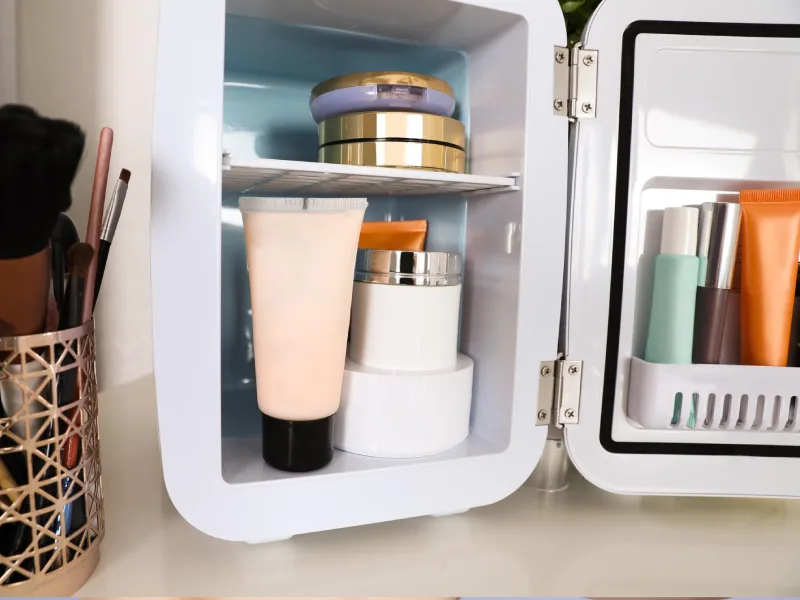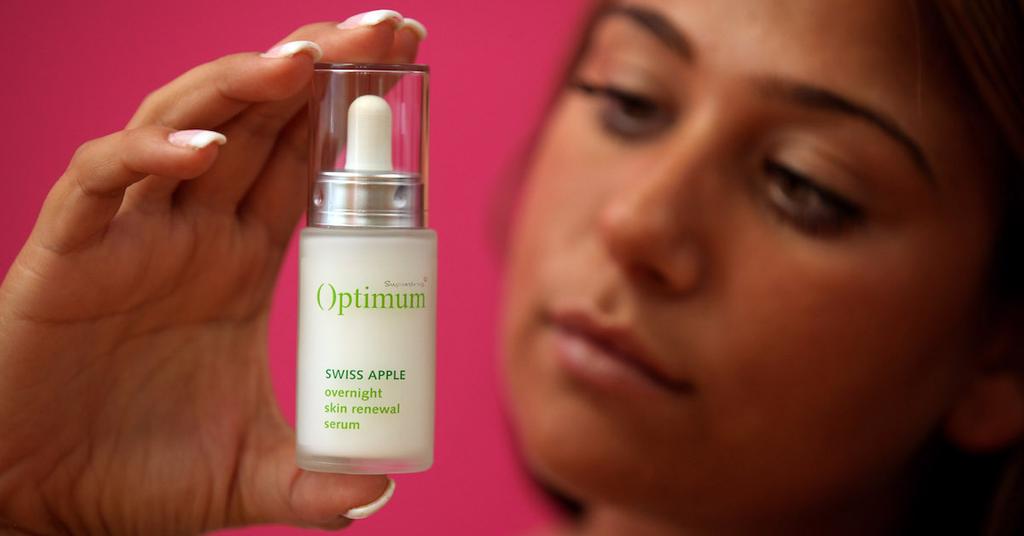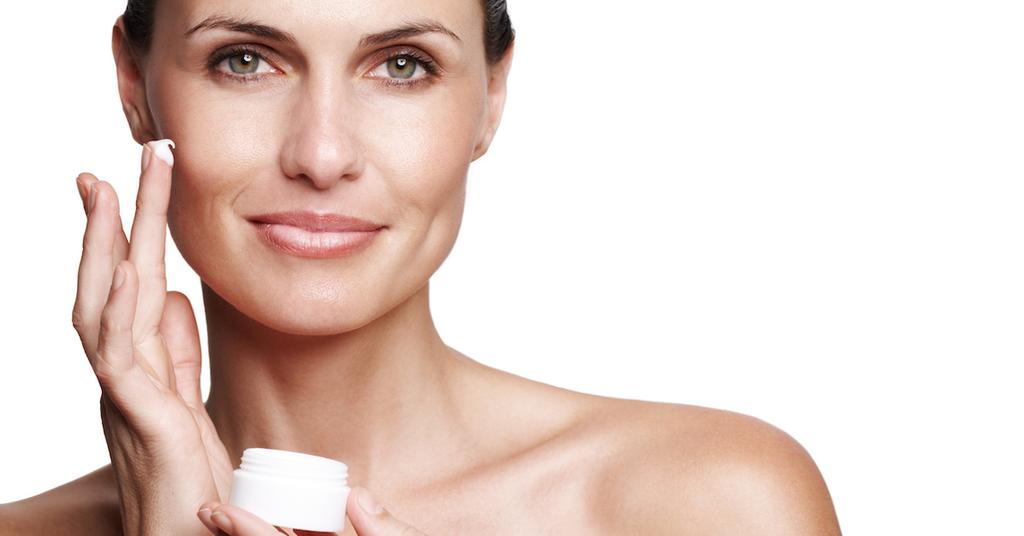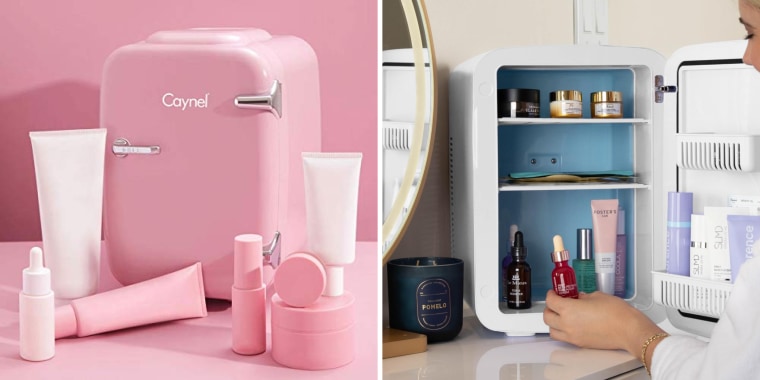The Cool Truth: When And Why You Should Refrigerate Your Skincare Products
The Cool Truth: When and Why You Should Refrigerate Your Skincare Products
Related Articles: The Cool Truth: When and Why You Should Refrigerate Your Skincare Products
Introduction
With enthusiasm, let’s navigate through the intriguing topic related to The Cool Truth: When and Why You Should Refrigerate Your Skincare Products. Let’s weave interesting information and offer fresh perspectives to the readers.
Table of Content
The Cool Truth: When and Why You Should Refrigerate Your Skincare Products

The skincare industry is a bustling landscape of creams, serums, and masks promising to deliver youthful radiance and flawless skin. But amidst the marketing buzz, a common question arises: should you refrigerate your skincare products? This seemingly simple query holds a surprising depth, encompassing factors like product composition, shelf life, and even personal preference.
Understanding the Science: Why Refrigeration Matters
Refrigeration, the process of lowering the temperature of a substance, plays a crucial role in preserving the efficacy and longevity of certain skincare products. Here’s why:
- Slowing Down Degradation: Heat is a potent catalyst for chemical reactions. When exposed to high temperatures, the delicate molecules within skincare products can break down, compromising their effectiveness. Refrigeration helps slow down these reactions, preserving the active ingredients and preventing them from becoming oxidized or unstable.
- Extending Shelf Life: Many skincare products contain ingredients that are susceptible to spoilage due to microbial growth. Refrigeration creates a cooler environment, inhibiting the growth of bacteria, mold, and yeast, thus extending the product’s shelf life.
- Maintaining Texture and Consistency: Some skincare products, particularly those with a high water content, can become runny or separate at warmer temperatures. Refrigeration helps maintain their desired texture and consistency, ensuring optimal application and absorption.
The Case for Refrigeration: When It Makes a Difference
While not all skincare products benefit from refrigeration, certain ingredients and formulations make it a worthwhile practice. Here’s a breakdown of the most common scenarios:
- Products with Natural Ingredients: Skincare products containing natural ingredients, such as essential oils, botanical extracts, and plant-based actives, are particularly susceptible to degradation due to their inherent sensitivity to heat and light. Refrigeration helps preserve their potency and freshness.
- Products with Sensitive Ingredients: Certain ingredients, including retinol, vitamin C, and hyaluronic acid, are known to be unstable and prone to oxidation. Refrigeration can significantly extend their shelf life and prevent them from losing their effectiveness.
- Products with High Water Content: Skincare products with a high water content, like serums, toners, and gels, are more prone to bacterial growth at room temperature. Refrigeration helps create a less hospitable environment for bacteria, ensuring the product’s safety and longevity.
- Products with a Short Shelf Life: Products with a shorter shelf life, often indicated by the "PAO" (Period After Opening) symbol on the packaging, are more likely to benefit from refrigeration. This helps maintain their potency and freshness, ensuring they remain effective until their expiry date.
The Case Against Refrigeration: When It’s Not Necessary
While refrigeration can be beneficial for certain products, it’s not always necessary. Some skincare products are formulated with preservatives and stabilizers that prevent degradation and microbial growth even at room temperature.
- Products with a Long Shelf Life: Products with a long shelf life, typically indicated by a PAO of 12 months or more, are less susceptible to spoilage and may not require refrigeration.
- Products with a Thick Consistency: Products with a thick consistency, such as heavy creams and butters, are less prone to bacterial growth and separation due to their limited water content.
- Products with Synthetic Ingredients: Products formulated with synthetic ingredients, particularly those with a high concentration of preservatives, are generally more stable and less prone to degradation.
Beyond the Basics: Factors to Consider
Beyond the general guidelines, several factors can influence whether or not refrigeration is appropriate for your skincare products:
- Individual Product Recommendations: Always consult the product label or packaging for specific storage instructions. Manufacturers often provide clear guidance on whether or not refrigeration is recommended.
- Climate and Environment: The climate and temperature of your environment can also play a role. If you live in a hot and humid climate, refrigeration might be more beneficial to prevent product degradation and spoilage.
- Personal Preference: Ultimately, the decision to refrigerate your skincare products is a personal one. Some individuals prefer the cooling sensation of applying refrigerated products, while others find it unnecessary.
FAQs: Unraveling the Mysteries of Refrigeration
Q: Can I refrigerate all skincare products?
A: No, not all skincare products benefit from refrigeration. As discussed earlier, products with a long shelf life, a thick consistency, or a high concentration of preservatives are generally stable at room temperature.
Q: How long can I store refrigerated skincare products?
A: The shelf life of refrigerated skincare products can vary depending on the specific ingredients and formulation. However, refrigeration can typically extend the shelf life by several months compared to storing them at room temperature.
Q: Will refrigeration affect the texture or consistency of my skincare products?
A: Refrigeration can sometimes cause certain products, particularly those with a high water content, to become slightly thicker or more viscous. However, this change in texture is usually temporary and resolves after the product warms up to room temperature.
Q: Can I freeze my skincare products?
A: Freezing skincare products is generally not recommended, as it can alter their texture and consistency. Freezing can also cause water molecules to expand, potentially damaging the product’s container.
Tips for Refrigerating Skincare Products:
- Choose the Right Container: Opt for airtight containers to prevent contamination and moisture loss.
- Label Clearly: Label your containers with the product name and date of refrigeration to keep track of their shelf life.
- Avoid Extreme Temperatures: Do not store skincare products in the freezer or in areas exposed to direct sunlight or extreme heat.
- Use a Separate Shelf: Consider using a designated shelf in your refrigerator for skincare products to prevent potential contamination from other food items.
Conclusion: Empowering Your Skincare Routine
Refrigeration is not a one-size-fits-all solution for skincare products. By understanding the science behind it and considering the factors discussed above, you can make informed decisions about whether or not to refrigerate your products. This knowledge empowers you to maximize the effectiveness and longevity of your skincare routine, ensuring you get the most out of your favorite products. Remember, proper storage is a vital component of maintaining healthy and radiant skin.








Closure
Thus, we hope this article has provided valuable insights into The Cool Truth: When and Why You Should Refrigerate Your Skincare Products. We thank you for taking the time to read this article. See you in our next article!
You may also like
Recent Posts
- The Art Of Persuasion: A Comprehensive Guide To Makeup Product Label Design
- A Comprehensive Look At Mary Kay Cosmetics: Reviews, Insights, And Considerations
- Affordable Skin Care: A Guide To Effective Products Under INR 100
- Navigating The World Of Mary Kay Discounted Products: A Comprehensive Guide
- The Power Of High-Resolution Images: A Guide To Acquiring The Best Visuals For Your Projects
- The Power Of Reviews: Navigating The World Of Makeup Products
- Swiss Beauty Makeup: A Comprehensive Guide To Quality And Affordability
- Embracing Natural Beauty: Makeup Tips And Techniques For Women Over 50
Leave a Reply